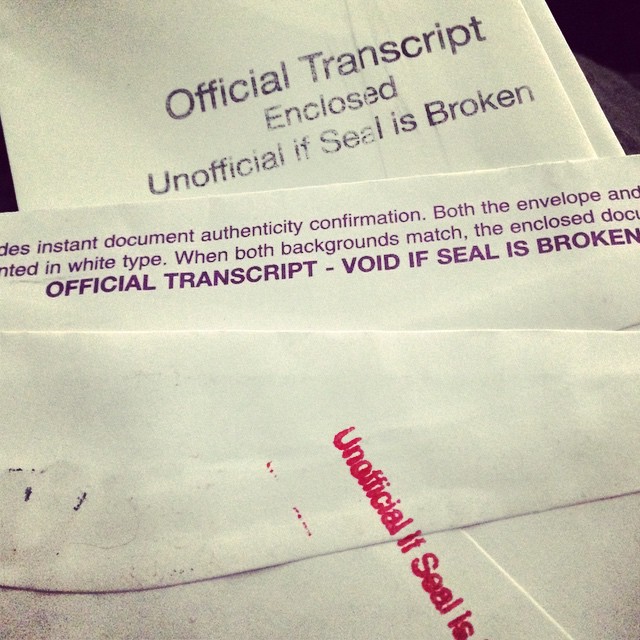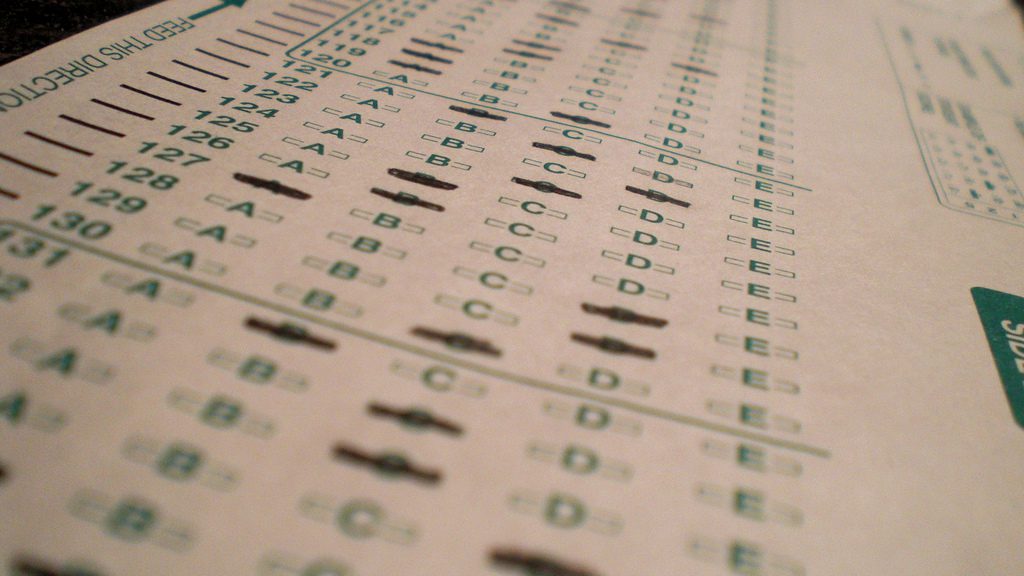When admissions counselors and faculty review your graduate school application, they aren’t just looking at your grades. They want to know if you’ll thrive and succeed in their program. That’s why it’s important to take the time and care to tell your story and show the people reading your application why you belong there.
Our admissions counselors say it’s best to start working on your application about four to eight months before the submission deadline (a few exceptions warrant a compressed timeline). If you’re currently an undergrad who plans to go straight through, try to start in your junior year.
The nuts and bolts
Read the directions carefully. How many letters of recommendation and essays are required? Are there minimum test scores?
Each program has its own definition of success. The people who review your application want to be confident that you’ll do well in their program. So, think about what they value and how they define an attractive candidate.
The pieces of your application should show them how you’ll be a credit to their school. As you put together your application, you’re crafting a narrative that frames your accomplishments and capabilities and shows prospective faculty that you’ll not only learn a lot in their program, but will also bring ideas, energy, and passion to their classes.
Each application has several components:
The application form. Most colleges will have you complete this form online, so you’ll create an account with a user ID and password (save these, as you may want to hop in and out over several days). You will want to have basic information on hand:
- Colleges/schools you’ve attended, with location, phone number, and contact person, as well as your dates of attendance and your grade point average (GPA)
- Employer information, with location, phone number, and your supervisor’s contact (you may be able to upload your resume instead of typing the information in)
- Demographic information, including veteran and disability status (some of this information may alert admissions to your eligibility for grants and scholarships).
Resume. Include any work experience or coursework that’s germane to your prospective graduate program. Even if the research you did was in a different field of study, it may show reviewers that you have the discipline and maturity to pursue an advanced degree, and know how to follow lab protocols.
If you worked as a tutor, mentioning this experience may show reviewers that you’re a strong prospect for a graduate assistantship. Should you include your stints in food service and consumer retail? Perhaps, if your personal statement mentions that you paid your way through school.
Portfolio. Follow the instructions carefully, especially regarding required work (media and genre), allowable file formats, and the use of portfolio websites like Behance.
Statement of purpose. Show your prospective faculty what you bring to their program, why you’re a good fit, and why you want to be there. Strong grades are nice, but what makes you stand out among the other “A” students? Whenever possible, point to specific accomplishments that prove your case.
Follow the directions carefully, have one or two friends read your application, and check your spelling and grammar (our counselors have read some essays that were the wrong length, didn’t answer the right questions, or even were addressed to the wrong institution!).
Transcripts. The good news is: All you have to do is request these. The bad news: You have to wait for them to arrive. As early as possible, request transcripts from the registrar at each college you attended (even if College X gave you transfer credits from College Y, it may not have your actual grades).
We’ve heard horror stories of students who had to have their transcripts expedited overnight – which is not only expensive but risks missing the deadline and annoying the admissions staff. Don’t wait until the last minute.
Test scores. If your prospective program requires standardized tests, find out what scores they generally expect. You can take a practice exam at one of the test-prep websites (usually for no charge) to see how your score compares with your program’s expectations. The practice results should give you a good idea of how much you should study before taking the actual test. Test scores are often valid for two to five years, depending on the test. Be sure you know how long your scores are valid because schools cannot generally accept outdated scores for admissions review.
Letters of recommendation. These are a crucial part of your application – character references from people who are vouching for your future success. See our blog post about letters of recommendation.
Timing. Some programs operate on a rolling basis: They’ll accept your application as soon as it’s complete and notify you of your acceptance shortly thereafter (even if that happens months ahead of the submission deadline). Others wait to review your application with the rest of the applications and make all acceptance decisions on a predetermined day.
In general, it’s better to submit your application as early as you have it ready, even if your program isn’t operating on a rolling basis, because you may have a better chance at scholarships and other funding. In addition, if you’re missing any parts of your application, the kind admissions people can let you know before you’re up against a deadline.
Real people. Graduate admissions counselors can help with everything from putting you in touch with faculty to talk about your research interests to finding housing, scholarships, and assistantships. They can also troubleshoot any issues with your online application.
Your program may or may not require an interview. If your college doesn’t require one, but you feel that you can add something meaningful to your application via an in-person meeting, ask your counselor about setting one up.
No matter what questions and concerns you have about graduate school, chances are your admissions counselor will be able to help. Don’t hesitate to reach out.
Thinking about graduate school? Our friendly counselors are happy to help.






Comments posted on this site are held in moderation until approved by a site administrator. Vulgar, profane, obscene, offensive terms or personal attacks will not be tolerated.